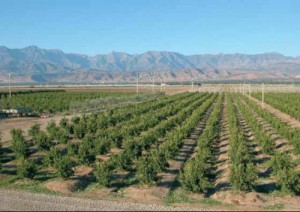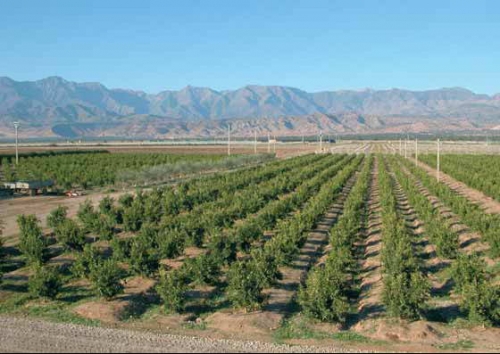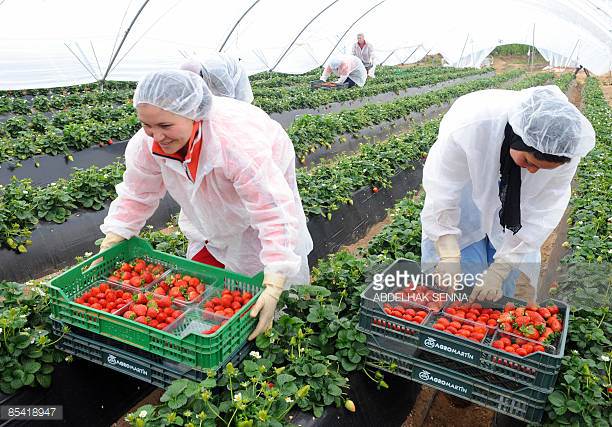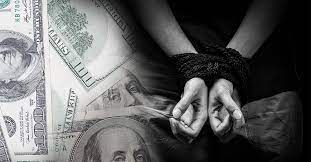 The World Bank has approved a $203 million loan for Morocco to support the efforts made by the North African country to modernize its agricultural sector expected to create 1.5 million jobs by 2020, offer better opportunities to small and large-scale farmers and enhance their competitiveness.
The World Bank has approved a $203 million loan for Morocco to support the efforts made by the North African country to modernize its agricultural sector expected to create 1.5 million jobs by 2020, offer better opportunities to small and large-scale farmers and enhance their competitiveness.
Morocco has mapped out an ambitious national strategy for the development of the agricultural sector. Dubbed “Plan Maroc Vert”, this strategy, which is backed by the WB, is expected to double the value-added of the sector and turn the agri-food business into a stable source of growth, competitiveness, and broad-based economic development in rural areas.
For Mr. Simon Gray, World Bank Maghreb Country Director, “the Plan Maroc Vert (Green Plan) is a comprehensive program which addresses key challenges such as food security and Morocco’s integration into the global economy”. He also said that “developing a liberalized and diversified market environment will boost the performance of the agri-food sector and contribute to reducing rural poverty” in the country.
This new WB loan extended to Morocco is the second in a series following the first approved in March 2011. These financial contributions support key reforms envisaged in the national Plan to strengthen domestic markets, help small farmers, enhance agricultural services, and improve the delivery of irrigation water.
Morocco’s agricultural sector contributes 19 pc to the national GDP and employs over 4 million people including about 100,000 in agro-industry. It plays a key role in macroeconomic balances of the country. It supports the income of 80 pc of the 14 million rural people who work in the agricultural sector which has suffered from low investment and low productivity.
In a bid to put an end to its dependence on climatic conditions and subsidiary and boost its competitiveness in the world markets, Morocco has worked the “Green Plan” making of the agriculture the main driving force of growth, urging small farmers to unite and modernize production, while providing them with the necessary tools, machinery and finance to be able to face regional and international challenges.



